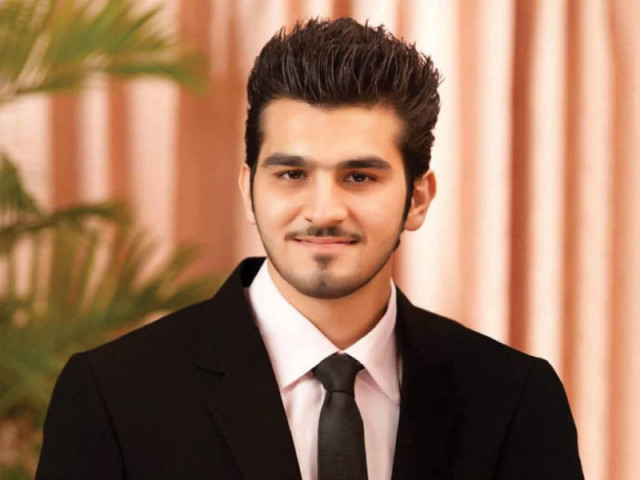The SC’s wise counsel
The Shahzeb case has thrown open the whole range of issues surrounding the Qisas and Diyat law.

The laws themselves, with murder regarded as a crime against an individual rather than the state, need to be looked at carefully. PHOTO: FILE
During the hearing a study was cited, according to which almost all cases involving compromise placed before the Multan bench of the Lahore High Court between 1978 and 2006 involved a misuse of laws in the name of religion. The laws themselves, with murder regarded as a crime against an individual rather than the state, need to be looked at carefully. We must hope that senior lawyer Shahid Hamid, appointed amicus curiae by the Court, the Attorney General and the four provincial prosecutors general will examine the matter in depth. It has gone on for far too long, and the result of the misuse of the law is that too many killers have been able to walk away without punishment.
Given Pakistan’s existing income disparities and very unequal distribution of resources and power, it often is the case that the wealthy and the influential, better able to strike compromises, are of course, the main beneficiaries. Advocate Hamid’s opinion that even in cases of compromise a person convicted of murder should spend at least 15 years in jail, makes sense. The Shahzeb case has thrown open the whole range of issues surrounding the Qisas and Diyat law, which dates back to 1980 but has been altered since then. The time has come to look at the impact this law has had and then to determine what needs to be done. The evidence we see that the SC is moving towards this is welcome. Perhaps a long-standing wrong will finally be put right.
Published in The Express Tribune, September 15th, 2013.
Like Opinion & Editorial on Facebook, follow @ETOpEd on Twitter to receive all updates on all our daily pieces.















COMMENTS
Comments are moderated and generally will be posted if they are on-topic and not abusive.
For more information, please see our Comments FAQ